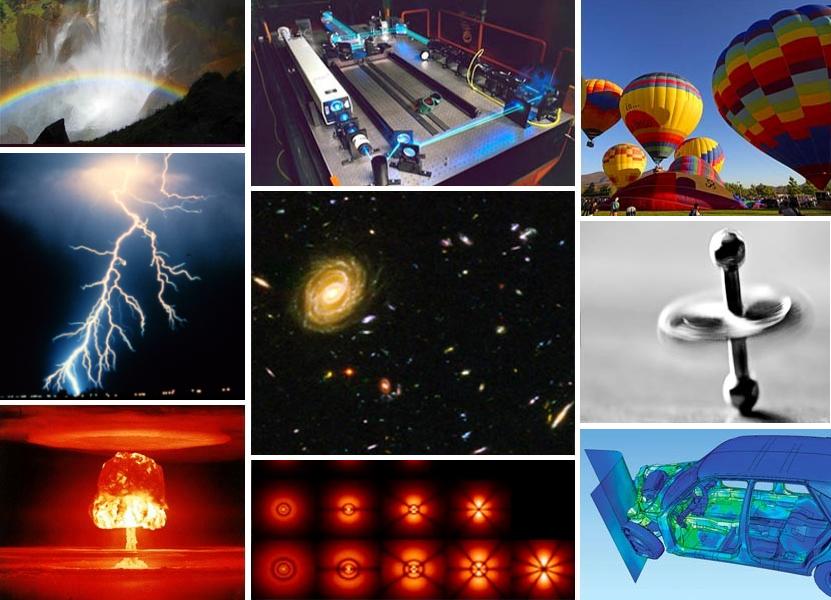This article is on the math based sciences, which takes a different take at the sciences…
Math teachers, they come in all shapes and sizes. Although, from my experience, they all seem to be pretty normal people. They’re the exact opposite of English and/or Biology teachers who all have their interesting quirks. Math teachers are often just down to earth, relaxed, and humble beings.
But don’t be fooled. The fact that they enjoy math must mean they have some nuts unscrewed up there.
I remember my Math 30 teacher insisting that everyone should consider being an Actuary. You may or may not have heard of that career before. It seems like the dream job: high pay and low stress. It’s ranked consistently as one of the best careers out there, being recession proof and stable on top of other perks (study time during work hours[I KNOW, THAT’S CRAZY]). But man, you’d be doing lots of math all day as an actuary.
I’ll get more on that later
Physics

Right?
Well, yes and no.
Electrical/Mechanical/Structural/Nuclear Physics
There’s definite a lot of demand for these fields. Just no jobs, because all the corresponding Engineering majors are seen as more qualified for them. Who’s to blame employers? Engineers, unlike physicists, are taught to apply the science. Other branches of physics are a different story, and so I would recommend taking either Engineering or a different branch of physics if you considered one of the above fields.
Astronomy/Astrophysics
Employment Prospects: F in 6 years, B- in 10 years
Courseload: 8/10 undergrad, 10/10 grad
Just like paleontology, Astronomy is fascinating, but a niche job nonetheless. Astronomy majors get to have one of the most fascinating labs, observing the night sky and learning about space. PhD research required a lot of hard work (publishing, proving yourself, serving on comittees, etc), although they are in demand. There is, however, a different possible route if your goal is to work with Astronomy professionals: through mechanical engineering. As the case for many sciences, taking it’s equivalent engineering program might offer a broader range of jobs that are more in demand and that overall take less effort. Whichever route you take, taking the astronomy options that interest you the most would not hurt.
Geophysics

Employment Prospects: B- in 4 years
Courseload: 9.5/10
Geophysics work closely with geologists, specializing on interpretation of seismological data and other physics related data in exploration or environmental work. Career wise, much of my advice for geologists work for geophysicists. The one major difference is really that you won’t be studying the same thing. Geophysics is very much more demanding than a geology degree or a physics degree. In fact, it’s almost on par with the course load of engineering. The technical nature of geophysics makes it a wee bit more in demand than geologists as trade off for the course load. Another path one might do to remedy this demand is to take a general physics degree and later take a masters in Geophysics. This would mean more money and time, but the masters might be an advantage.
Similar to geology, a Professional geophysicist (P. Geoph) designation is oftentimes just as important as a degree itself to employers.
Quantum Physics
Employment Prospects: C+ in 6 years, B+ in 10 years
Courseload: 8/10 undergrad, 10/10 grad
This might be the only ‘pure’ Physics degree that is in demand (Biomedical engineers might slowly take over soon unfortunately, 
Applied Mathematics
Employment Prospects: C in 6 years, A in 10 years
Courseload: 7/10 undergrad, 10/10 grad

Finance – with enough business options, math majors can often take on finance work. Of course, a degree in econ or finance would also be effective.
Actuarial work – actuaries don’t need an Actuarial Science degree. Some are originally math, business, or econ majors. More on this later. L
Programing – certain industries where computer science people are employed require deep mathematical understanding. Majoring in computer Science while taking math options would also be another route to this industry.
Education – High school math teachers are among the most paid in the school, on par with the administration. Unlike the above industries, taking a math degree is pretty much the only way to become a math teacher.
Research – hardcore Mathletes sometimes take math to the PhD level for more opportunities. This is often not a bad idea, as math degrees do not require lab time.
In many industries, math majors can seem overshadowed. But know one thing about math: math topics build upon each other, and so as it gets more abstract, math stops really about knowing how to calculate. Some people appreciate this, and some do not. If you are one of the kids who though Math 31 was easier than Math 30, you’re probably one of them. Then majoring in Math would be for you, if you appreciate its flexibility.
Statistics, computer science, and economics on the next article

